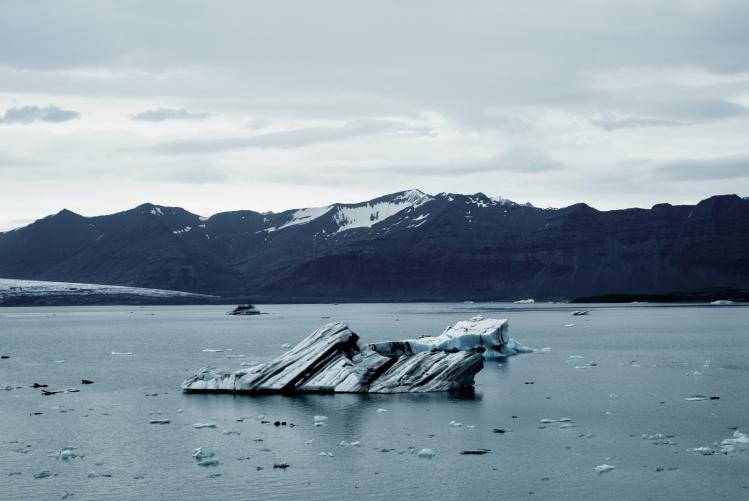
It is no longer politically popular to pretend, despite decades of evidence to the contrary, that global warming is a hoax or a phenomenon unconnected to human activities. Unfortunately, it is still popular, particularly but not exclusively among Republicans, to pretend that the climate crisis can be sufficiently mitigated without reducing our dependence on fossil fuels. The latest report from the U.N.’s Intergovernmental Panel on Climate Change (IPCC) underscores just how dangerous this fantasy is. The report confirms, with a new degree of certainty, that reaching net-zero carbon emissions is “a requirement to stabilize human-induced global temperature increase at any level.” It describes five potential warming scenarios, ranging from the least severe (a 1.5-degree Celsius increase over pre-industrial levels) to the most severe (a 4.5-degree increase). Whether we will be able to limit global warming to a relatively manageable 1.5 to 2 degrees or will have to face more drastic changes depends on our ability—and willingness—to eliminate most carbon emissions within the next twenty years.
The IPCC’s report includes charts that show the likely effects of each of its five scenarios on oceans, ice sheets, and weather patterns. But we shouldn’t need these dire predictions. The current effects of climate change are bad enough: rising sea levels, surface temperatures, and acidification; rapid melting of Arctic ice; increases in the frequency and intensity of heat waves, heavy precipitation, droughts, and tropical cyclones. And with the IPCC’s increasingly accurate modeling, the evidence that these are all attributable to human actions has become only more conclusive.
No part of the planet is immune to these effects—“every region” faces significant changes, from coastal floods to massive wildfires. However, the greatest warming is projected to occur in “mid-latitude and semi-arid regions, and the South American Monsoon region.” The damage to the ecosystems of these areas has already displaced tens of millions of people. An environmental crisis in one part of the world can lead to a refugee crisis in another.
All of this can, and will, get worse. The only question now is how much worse. Under all five of the IPCC’s emissions scenarios, “global surface temperature will continue to increase until at least the mid-century” with some changes, particularly to marine environments, “irreversible for centuries to millennia.” Though the best outcomes depend on our developing accessible and efficient carbon-capture technologies in order to reach net-negative emissions, even a miraculous breakthrough in that technology wouldn’t be able to undo much of what we’ve already done.
Still, the most significant takeaway from the report is the degree to which our actions during the upcoming years do matter. One of the report’s graphics compares the frequency of “once-in-a-decade” extreme weather events under various conditions. Our current 1 degree warming over pre-industrial levels almost triples the likelihood of such events. But under the worst warming scenario, these events are more than nine times as likely—that is, a once-in-a-decade storm or heat wave would become a nearly annual occurrence. The efficacy of carbon sinks (places like marshes, rainforests, and oceans that absorb carbon from the atmosphere) is halved if average temperatures rise 4.5 degrees. While sometimes overwhelming to consider, the alarming evidence in this report should galvanize real political change—well beyond merely encouraging individuals to avoid plastic straws, or pairing more natural-gas subsidies with a modest increase in electric charging stations. Yes, warming is inevitable, but the degree to which it completely upends society is still within our control, if only for a short while longer.

